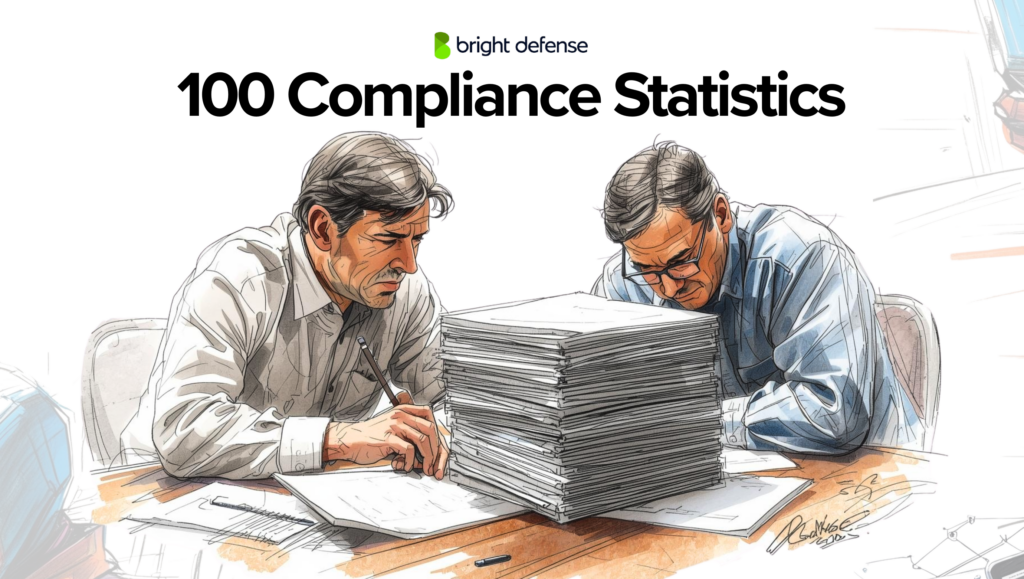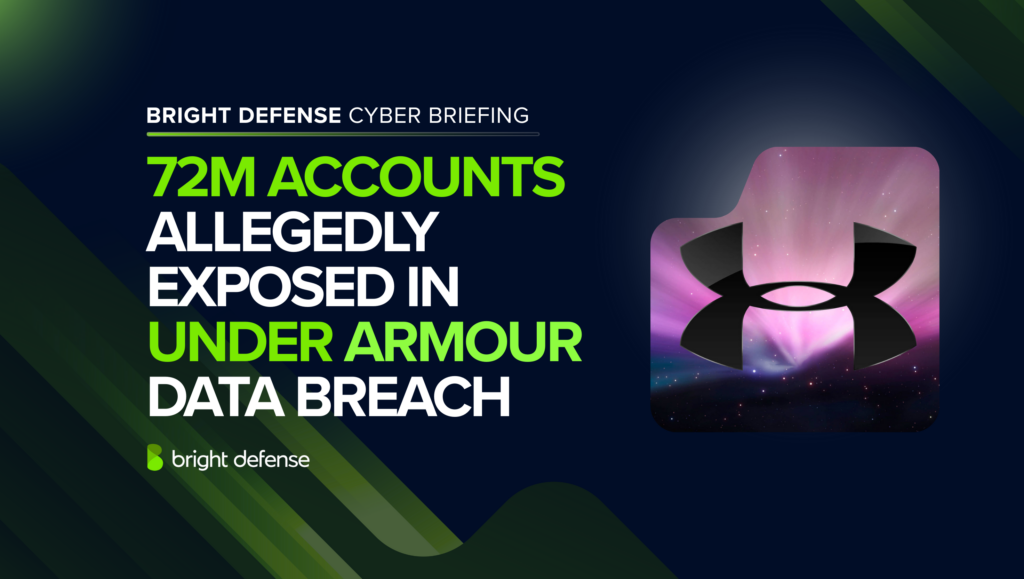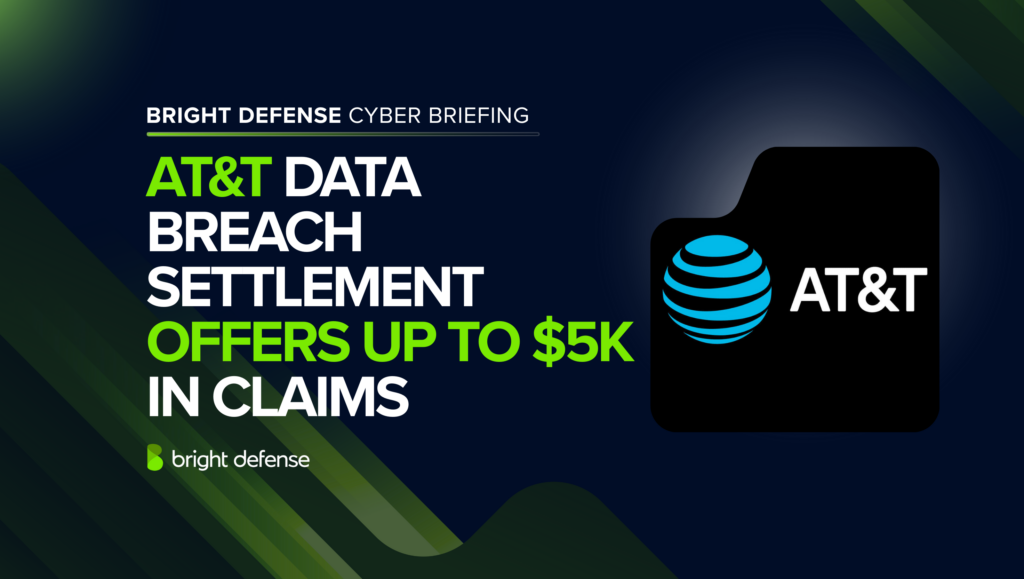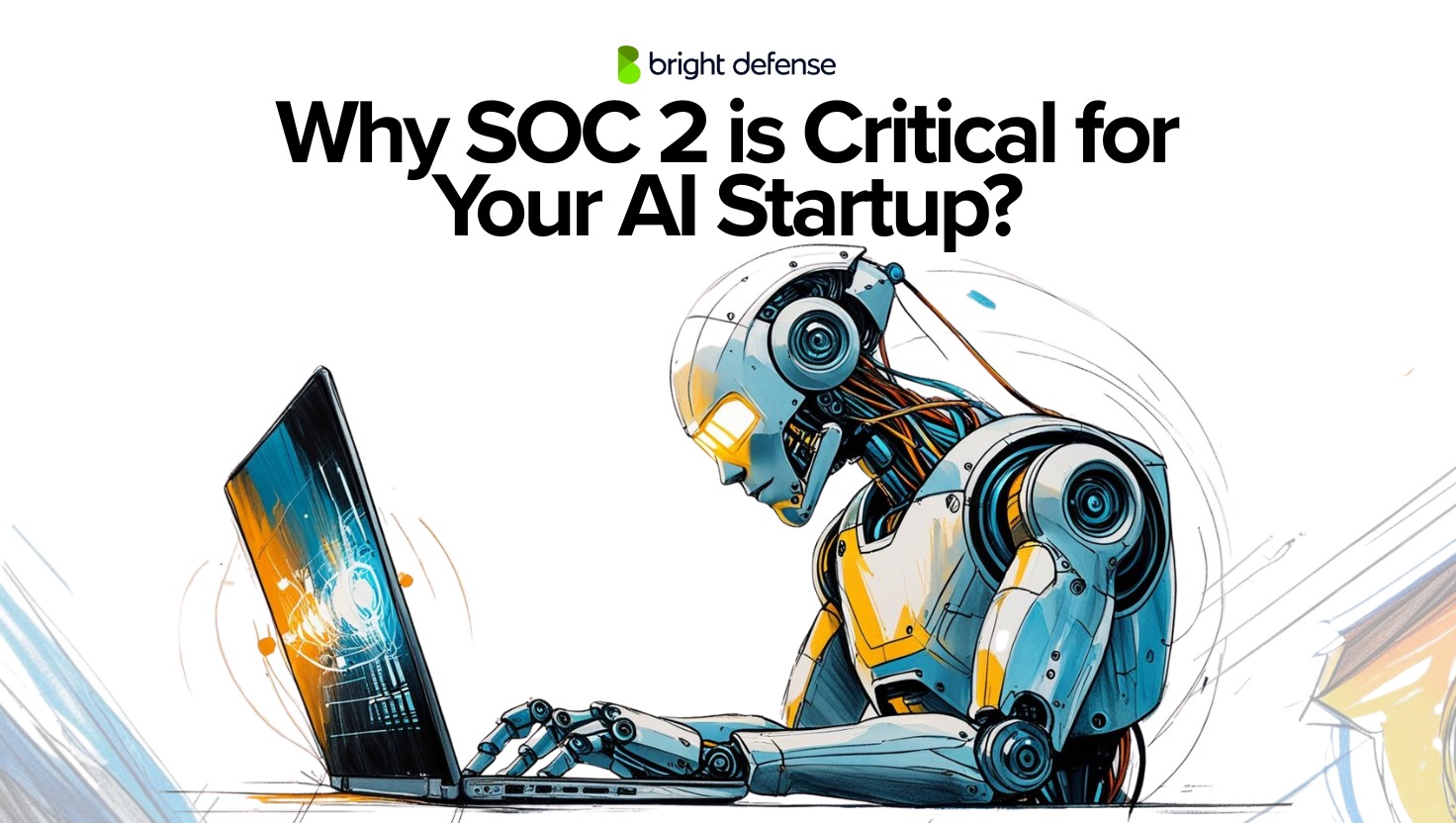
Why SOC 2 is Critical for Your AI Startup?
Building an AI startup is a high-stakes challenge. Investors, partners, and customers want to know they can trust you with their data from day one. In a world where AI systems process massive amounts of sensitive information, a single security misstep can damage credibility and stall growth.
In fact, 65% of consumers say they would stop doing business with a company after a single data breach. SOC 2 compliance signals that your startup takes security, availability, and data integrity seriously. It shows you have the internal controls in place to protect information and operate with transparency, which are key factors that help you win trust in a competitive market.
In this article, you’ll learn why SOC 2 matters for AI startups, how it impacts customer trust and business growth, and the key steps to prepare for compliance. By the end, you’ll know exactly how SOC 2 can become a competitive advantage for your business.
What Is SOC 2 and Why Does It Matter for AI Stratups?
SOC 2 is an auditing standard developed by the American Institute of Certified Public Accountants (AICPA) that evaluates how a company manages customer data. It focuses on five Trust Service Criteria: security, availability, processing integrity, confidentiality, and privacy.
A SOC 2 report provides independent validation that an organization has the necessary policies, procedures, and technical safeguards to protect data.
SOC 2 compliance is not legally required for AI startups, but it is often expected, especially by users, partners and enterprise clients
SOC 2 compliance is not legally required for AI startups, but it is often expected, especially by users, partners, and enterprise clients. AI companies handle confidential data such as personal identifiers, financial records, and proprietary business information.
Without a recognized standard like SOC 2, convincing customers and investors that data is managed securely becomes difficult.
Meeting SOC 2 requirements demonstrates a strong security compliance posture, supports risk assessments for potential vulnerabilities, and helps avoid manual compliance tasks that slow growth.
Does SOC 2 Cover AI?
SOC 2 does not contain AI-specific requirements, but it applies to AI companies in the same way it applies to any technology provider that handles customer data.
SOC 2 does not contain AI-specific requirements, but it applies to AI companies in the same way it applies to any technology provider that handles customer data.
The framework focuses on how an organization protects data under the five Trust Service Criteria: security, availability, processing integrity, confidentiality, and privacy, regardless of whether that data is processed through traditional software systems or AI models.
Maintaining security protocols and conducting periodic gap analysis can help AI companies address potential weaknesses while meeting SOC 2 expectations.
Benefits of SOC 2 for AI Companies
SOC 2 compliance delivers tangible benefits for AI companies that manage sensitive data and aim to win the trust of customers, partners, and investors.
The following points highlight how meeting this standard can strengthen your security posture and create new business opportunities:
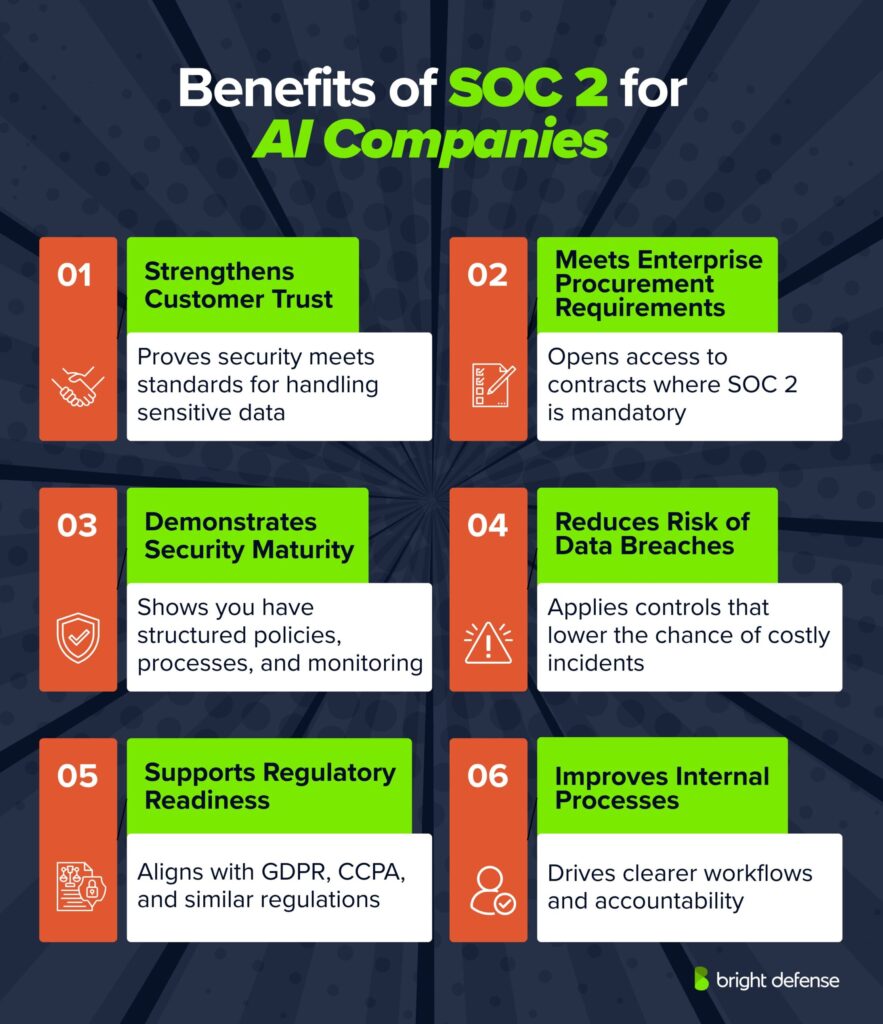
1. Strengthens Customer Trust
SOC 2 certification offers independent confirmation that your security practices meet industry standards for protecting sensitive information. This is critical for AI companies that process personal identifiers, financial data, or proprietary business records. Strong security controls also demonstrate that your company can consistently protect assets across multiple environments.
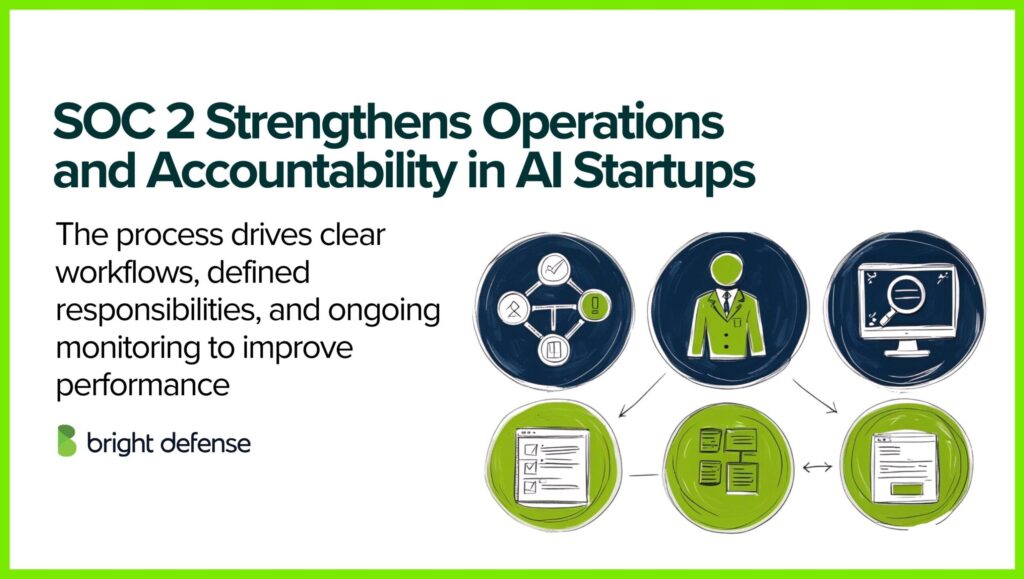
According to a study, 83% of consumers say they are more likely to do business with companies they believe protect their data well. SOC 2 gives you a clear way to demonstrate that commitment, turning security into a competitive advantage.
2. Meets Enterprise Procurement Requirements
Large enterprises often make SOC 2 a non-negotiable part of their vendor evaluation process. Without it, your company may be automatically excluded from RFPs or partnership discussions. Many also expect vendors to perform readiness assessments before the audit stage, which can shorten timelines and improve buyer confidence.
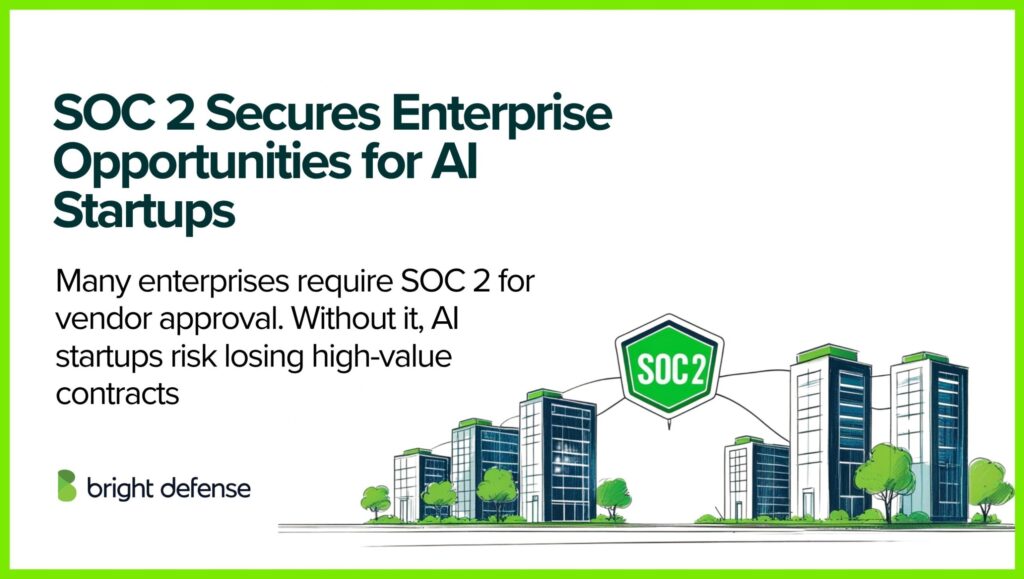
A study reports that 80 % of consumers are more likely to purchase from companies they believe protect their personal information. Achieving SOC 2 supports that trust while also meeting procurement requirements tied to vendor security, positioning your business for stronger customer relationships and expanded contract opportunities.
3. Demonstrates Security Maturity
SOC 2 compliance proves that your company has well-documented policies, defined processes, and active security monitoring in place.
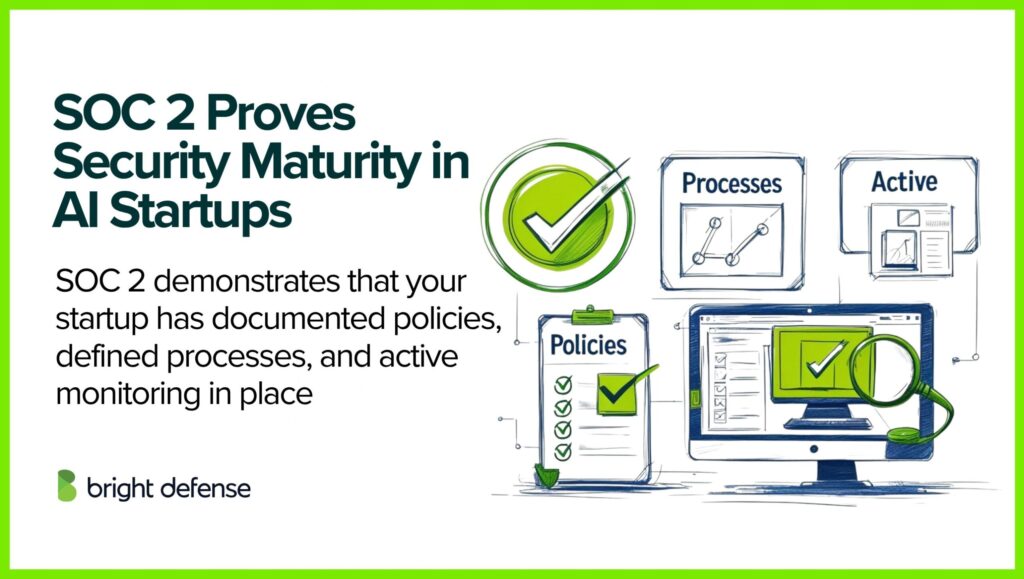
This maturity is highly valued by investors and partners who want assurance that your operations can scale securely. Conducting risk assessments regularly strengthens the ability to address emerging threats.
4. Reduces Risk of Data Breaches
SOC 2 controls target core areas such as access management, encryption, monitoring, and incident response. These measures reduce vulnerabilities that cybercriminals exploit.
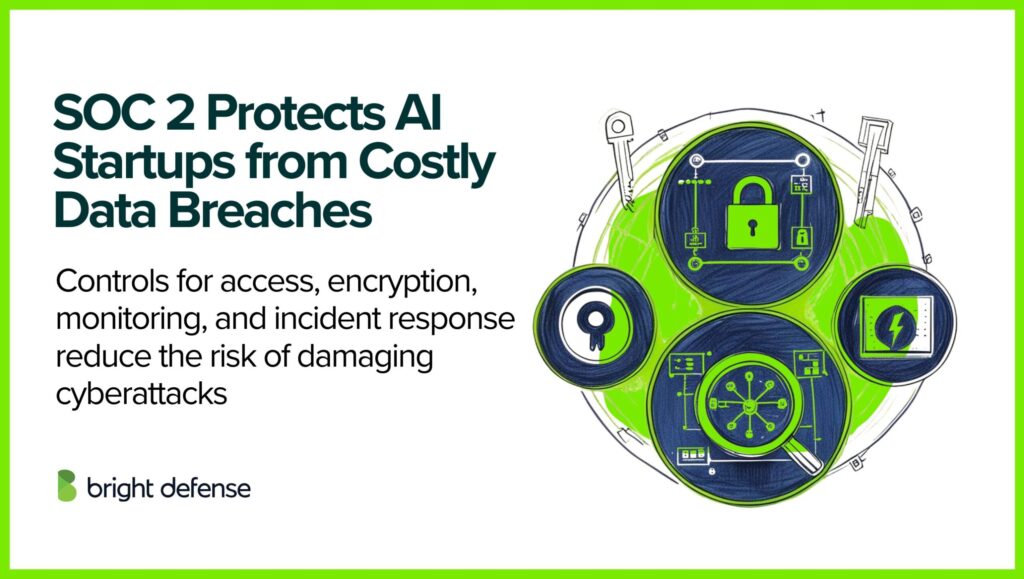
IBM’s 2024 Cost of a Data Breach Report found the average global cost of a breach is now $4.45 million, with even higher costs for technology companies.
For high-growth AI firms, critical infrastructure protection is vital to maintaining uptime and service reliability.
5. Supports Regulatory Readiness
While SOC 2 is not a legal requirement, its principles align closely with major data protection laws such as the GDPR and CCPA.
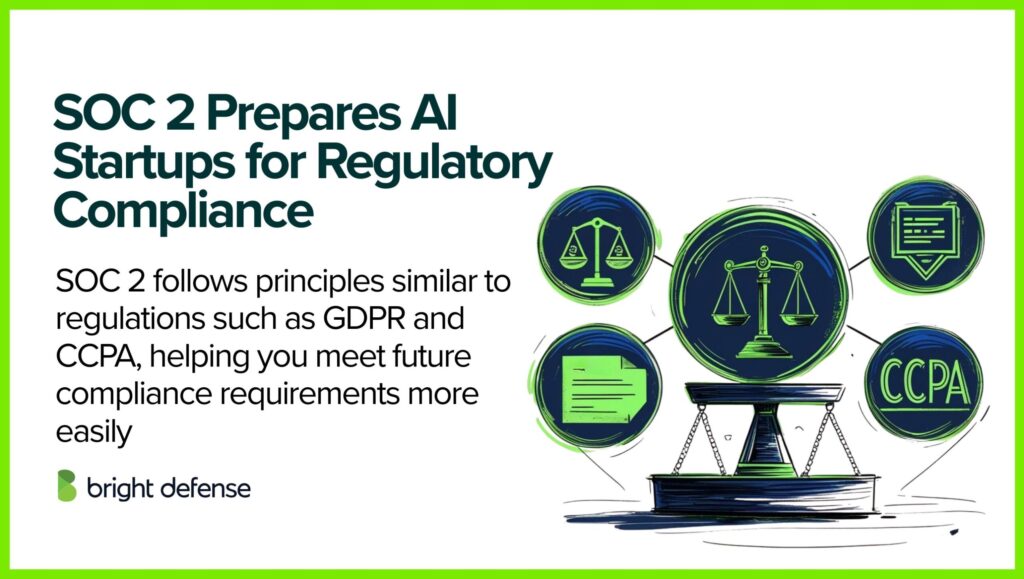
Adopting SOC 2 practices now can make future compliance efforts more efficient and lower the chance of penalties for non-compliance. A well-structured compliance process in place today can help prevent expensive remediation work later.
What SOC 2 Regulators to Focus on as an AI Startup?
SOC 2 is not enforced by a government body. It is maintained by the American Institute of Certified Public Accountants (AICPA). When you pursue SOC 2 compliance, you work with independent auditors who follow the AICPA’s Trust Services Criteria and assess your compliance processes in detail.
These auditors review your policies, controls, and evidence collection methods to see if you meet the standard. Clear documentation and, when possible, the use of compliance automation can make these reviews faster.
While the AICPA sets the framework, AI startups also need to know about the regulatory and industry bodies that influence data handling practices alongside SOC 2 requirements.
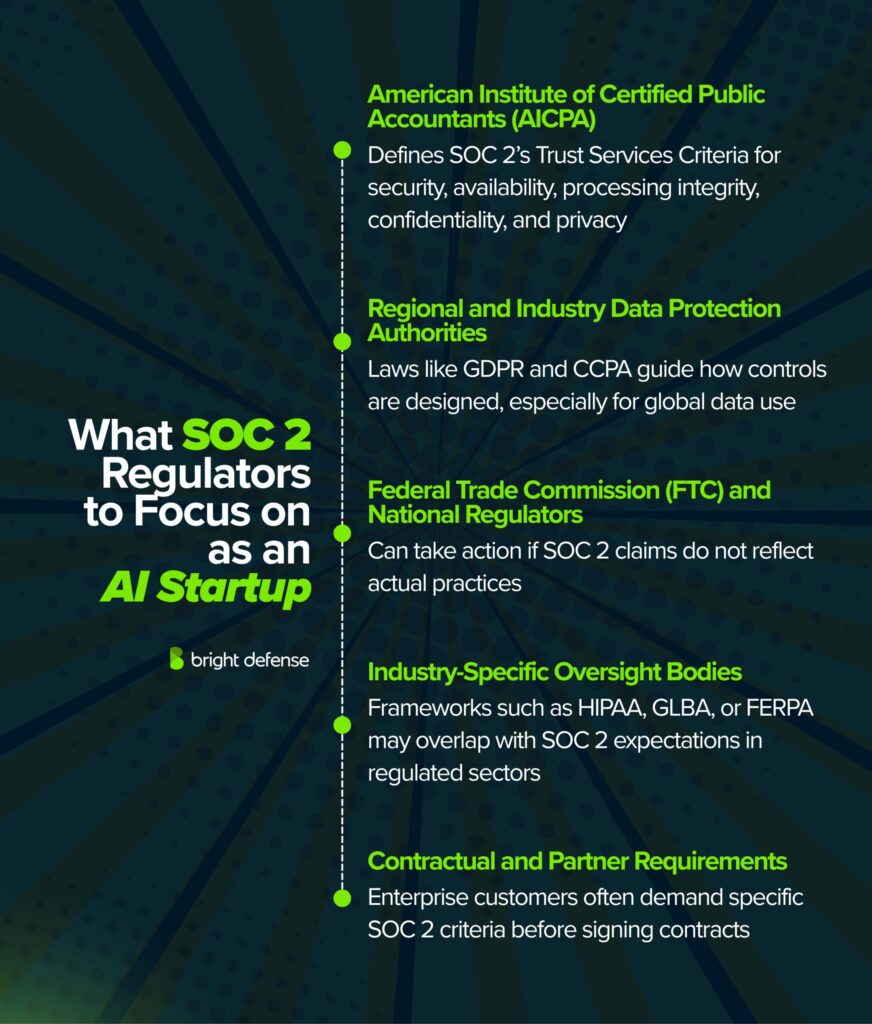
1. American Institute of Certified Public Accountants (AICPA)
This is the governing authority for SOC 2. They define the Trust Service Criteria covering security, availability, processing integrity, confidentiality, and privacy. They also provide the official guidance auditors follow. All SOC 2 compliance work ultimately stays in line with AICPA standards, especially for any service organization aiming to show it follows reliable practices.
2. Regional and Industry Data Protection Authorities
SOC 2 works closely with privacy and data security requirements from laws like the EU’s General Data Protection Regulation (GDPR) and California’s Consumer Privacy Act (CCPA). These laws are not part of SOC 2 but they affect how your controls are built. For AI startups that operate with global data, reviewing these regulations early will help avoid costly rework and define the audit scope for SOC 2.
3. Federal Trade Commission (FTC) and Other National Regulators
In the United States, the FTC enforces data privacy and security rules, especially when businesses misrepresent their security posture. If your AI startup claims SOC 2 compliance but does not meet the actual requirements, regulators can take action. Preparing for audits regularly helps avoid discrepancies that could trigger enforcement.
4. Industry-Specific Oversight Bodies
If your AI product serves regulated sectors such as healthcare, finance, or education, extra frameworks like HIPAA for health data, GLBA for financial institutions, or FERPA for student records may overlap with SOC 2. Organizations in these sectors often require a control environment with robust security controls that combine SOC 2 with industry-specific safeguards.
5. Contractual and Partner Requirements
Large enterprise customers often have their own compliance teams that review SOC 2 reports. Their procurement teams can act as a regulator by demanding certain SOC 2 criteria before doing business. Meeting these requirements early can make contracting easier and shorten sales cycles.
For AI startups, the main goal is to design SOC 2 controls that meet the AICPA’s framework while also satisfying regional laws, industry-specific rules, and enterprise procurement standards.
Can AI Replace a SOC Analyst?
AI can handle parts of a SOC analyst’s job such as log analysis, anomaly detection, and basic incident triage. It processes large amounts of data quickly and flags threats in real time, which cuts down on manual work.
AI cannot fully replace a SOC analyst. Human analysts handle complex attacks, understand business context, and make judgment calls that AI cannot match.
AI cannot fully replace a SOC analyst. Human analysts handle complex attacks, understand business context, and make judgment calls that AI cannot match. A 2024 SANS Institute survey found that 76 percent of security leaders view AI as a support tool, not a replacement for human SOC teams.
The best approach combines AI for speed and scale with analysts for decision-making, strategic response, and protection of the organization’s most critical assets.
Is ChatGPT SOC 2 Compliant?
Consumer versions of ChatGPT such as the free and Plus tiers are not listed under this SOC 2 certification. However, OpenAI’s enterprise focused products ChatGPT Enterprise, ChatGPT Team, ChatGPT Edu, and the API Platform have completed a SOC 2 Type II audit covering security and confidentiality controls. This SOC 2 audit process evaluates the organization’s adherence to established standards before granting certification.
Consumer ChatGPT (free and Plus) is not covered under SOC 2. ChatGPT Enterprise, Team, Edu, and the API Platform have SOC 2 Type II certification for security and confidentiality.
The SOC 2 reports are available through the OpenAI Trust Portal where organizations can request access to review the audit results, helping prospective customers and potential clients confirm the company’s security posture.
How Bright Defense Can Help AI Startups with SOC 2?
SOC 2 compliance can feel overwhelming for a fast-moving AI startup, but it is also one of the strongest trust signals you can give to customers, investors, and partners.
At Bright Defense, we guide AI companies through the process with a focus on both security and business growth.
Our experience with SOC 2 and deep understanding of AI data challenges means we can help you put the right controls in place without slowing innovation.
With the right guidance, compliance becomes more than a checkbox, it becomes a competitive edge that helps you win enterprise opportunities and build lasting trust.
FAQs
SOC 2 verifies that an organization has the right controls to protect data used in generative AI systems. It ensures proper handling of training datasets, user inputs, and generated outputs, covering areas like access control, encryption, and monitoring.
While it does not address AI bias or ethical concerns, it confirms that important data is managed with a strong foundation of security practices, ensuring privacy and reliability of systems processing the data.
SOC 2 is often required for enterprise contracts and helps prove that your business takes data security seriously. It reduces security risks, prepares you for regulatory audits, and builds trust with customers, partners, and investors. Meeting SOC 2 expectations can give your company a competitive edge in industries where security and compliance are top decision factors.
AI can automate parts of SOC operations, such as log analysis and alert triage, but it will not replace SOC teams. Human analysts are still needed for complex investigations, judgment calls, and understanding the business context of threats.
Maintaining a clear path for collaboration between AI tools and human analysts helps ensure balanced and effective security operations.
AI assists SOC teams by analyzing large volumes of logs, detecting anomalies, prioritizing alerts, and even suggesting response actions.
This speeds up detection and reduces analyst workload, allowing humans to focus on higher-value tasks like advanced threat hunting.
For AI-focused SOCs, optimizing the tech stack to integrate both automation and human oversight improves efficiency and precision.
Cybersecurity requires context, strategic decision-making, and adaptability that AI alone cannot provide. While AI excels at pattern recognition and automation, human expertise is critical for understanding evolving threats and making risk-based decisions.
Protecting confidential information and maintaining operational integrity depends on more than automation alone.
SOC 2 is based on the AICPA Trust Service Criteria, not the NIST Cybersecurity Framework. However, there is overlap in principles, and controls can often be mapped between the two.
Organizations that follow both often have a more resource intensive preparation phase due to the breadth of requirements.
Alternatives include ISO/IEC 27001 certification, which is internationally recognized, or other industry-specific frameworks such as HITRUST for healthcare or PCI DSS for payment processing. Engaging expert support during preparation can reduce risks of oversight and help meet requirements efficiently.
Get In Touch

